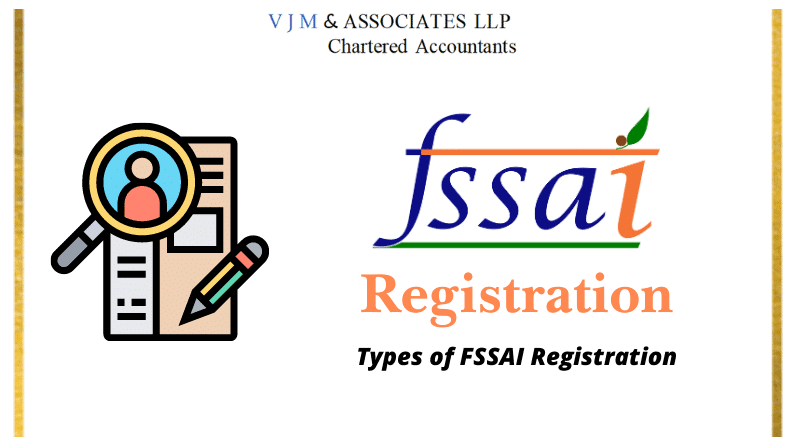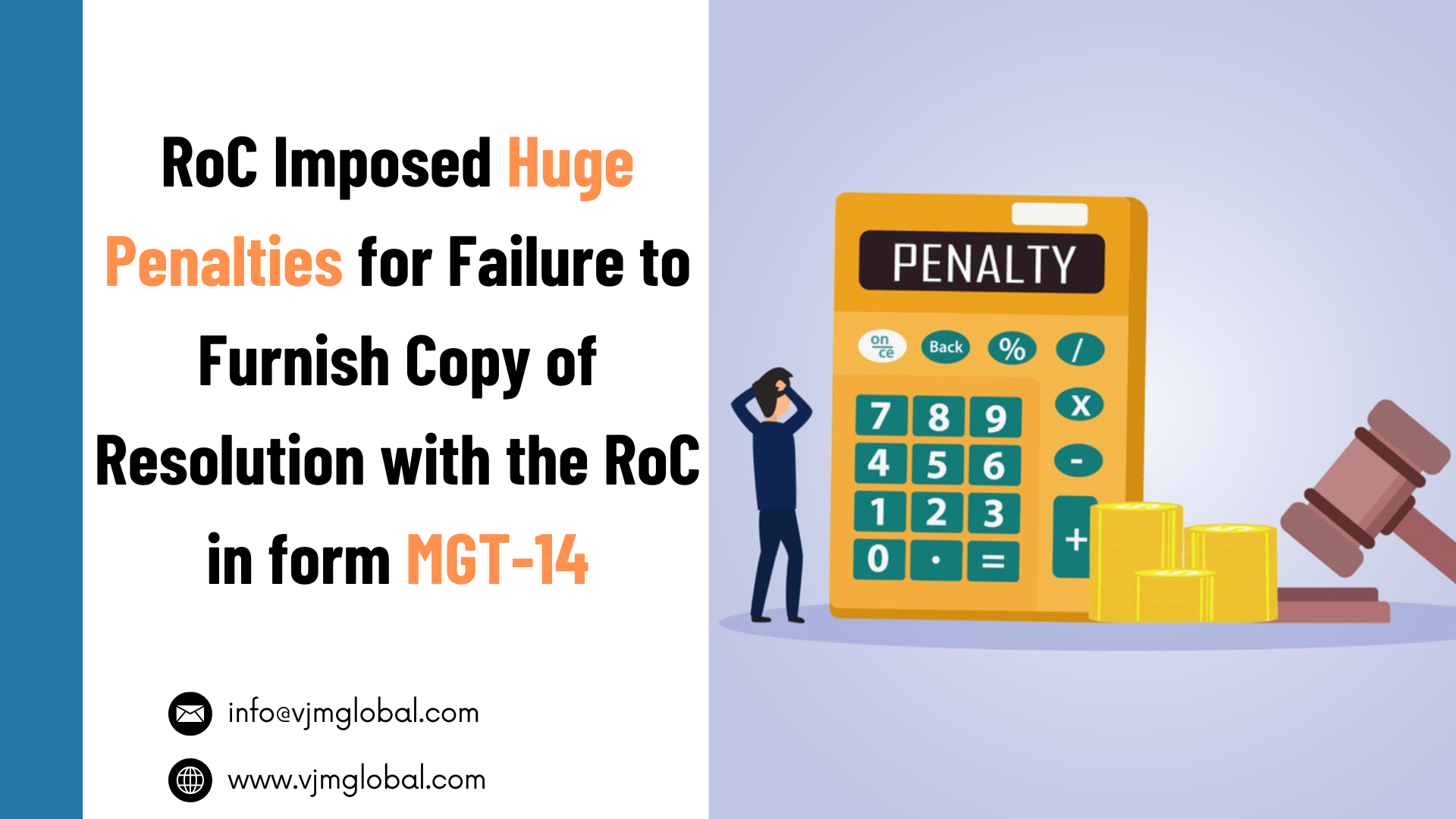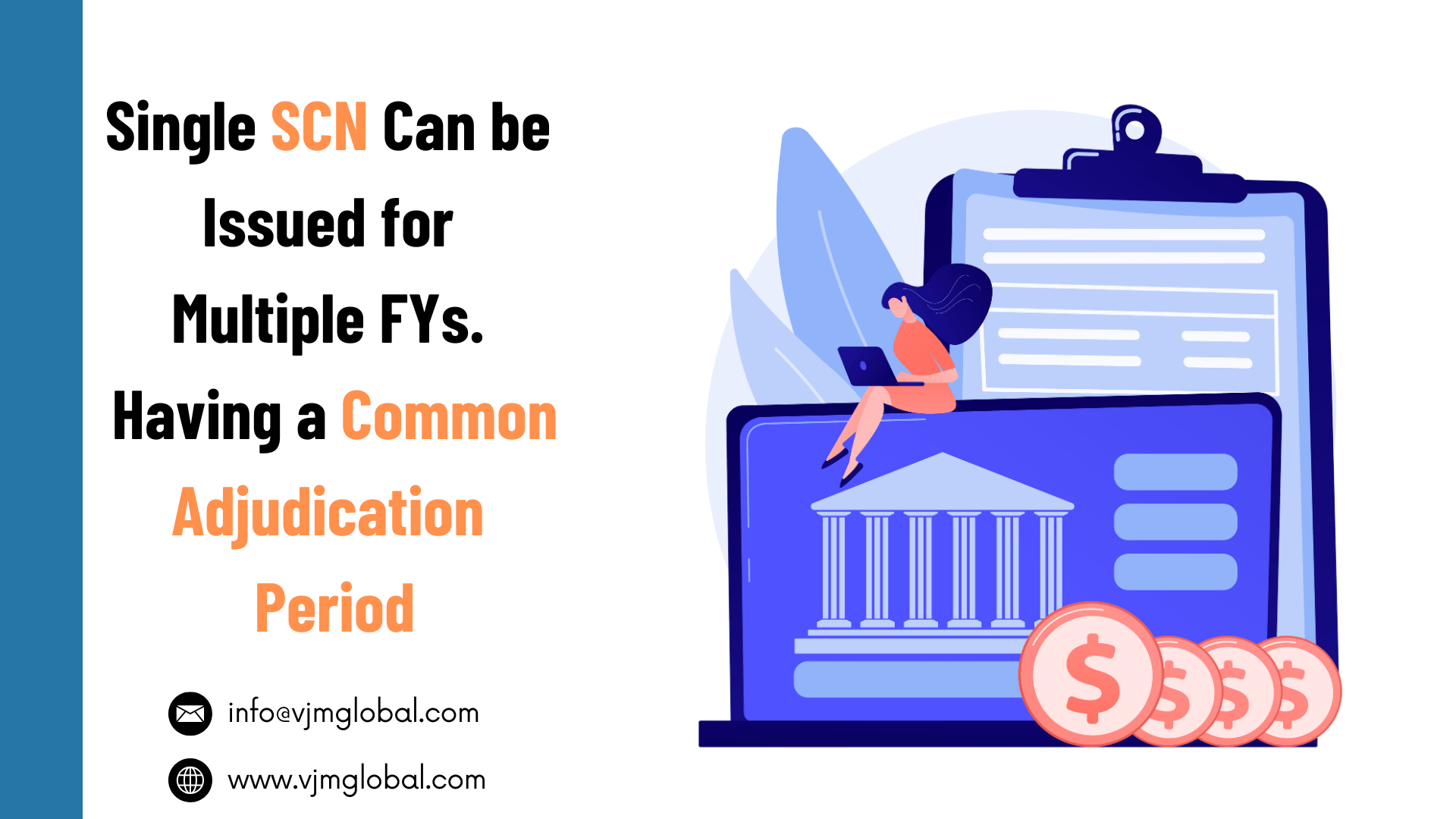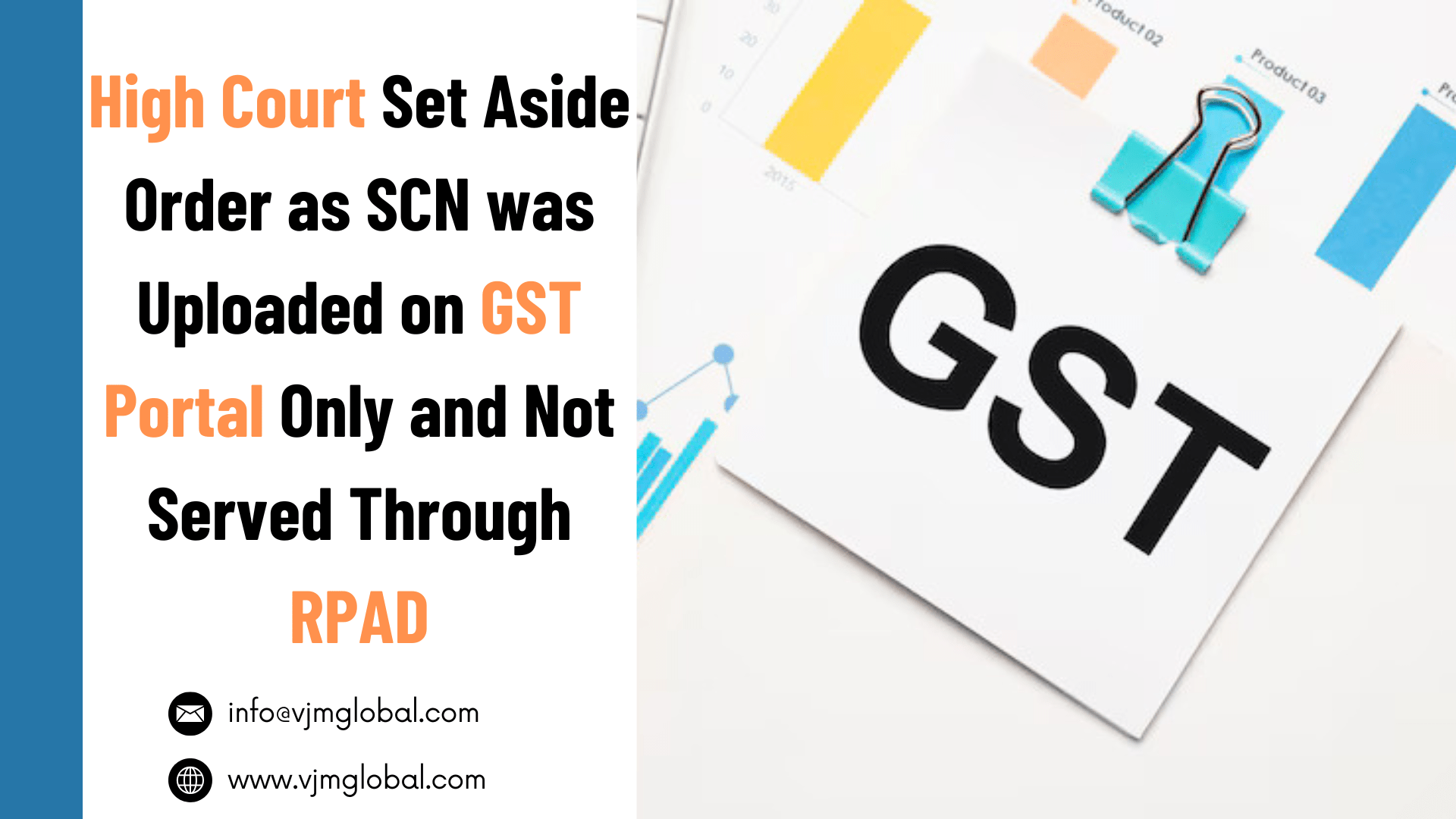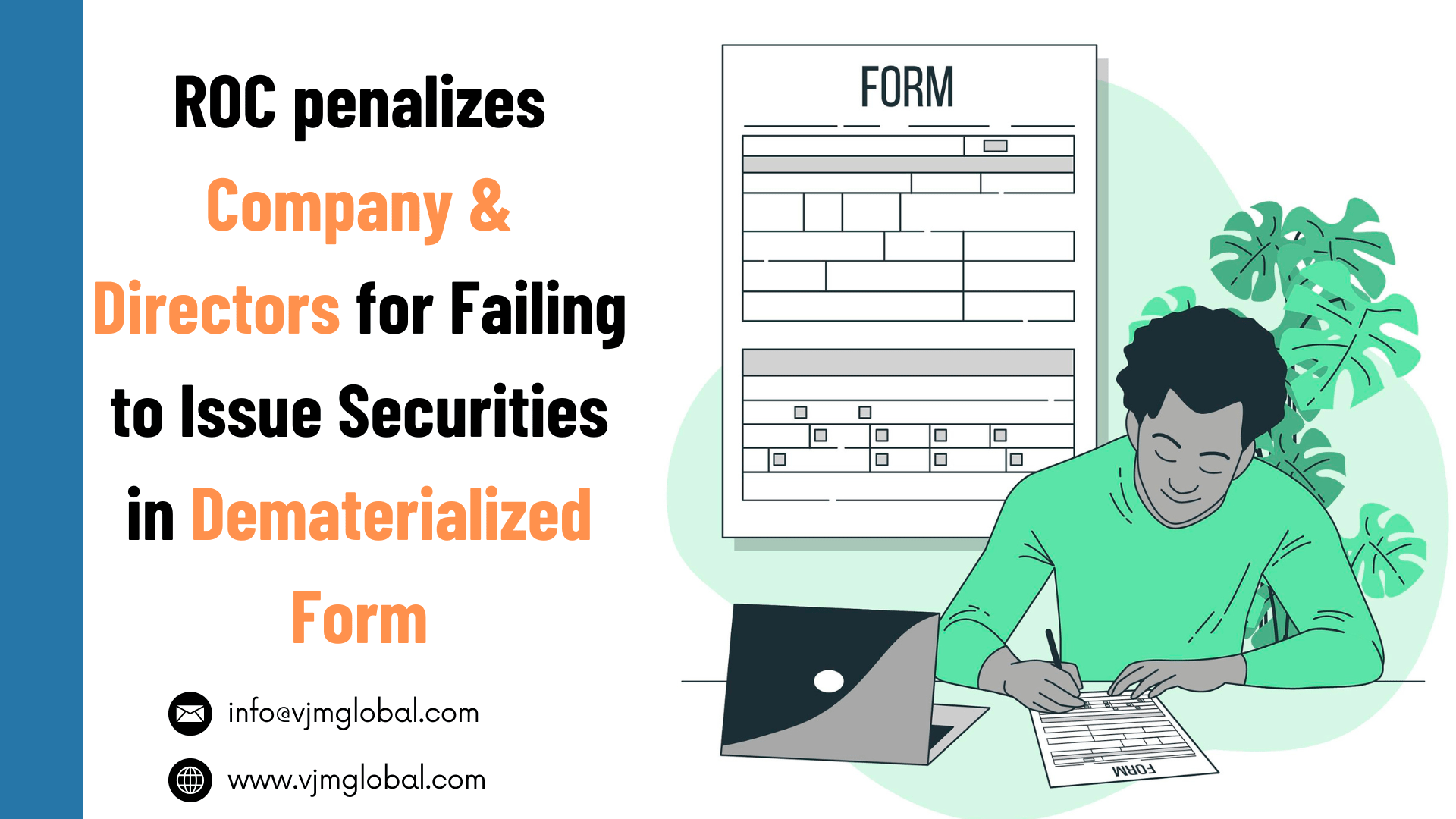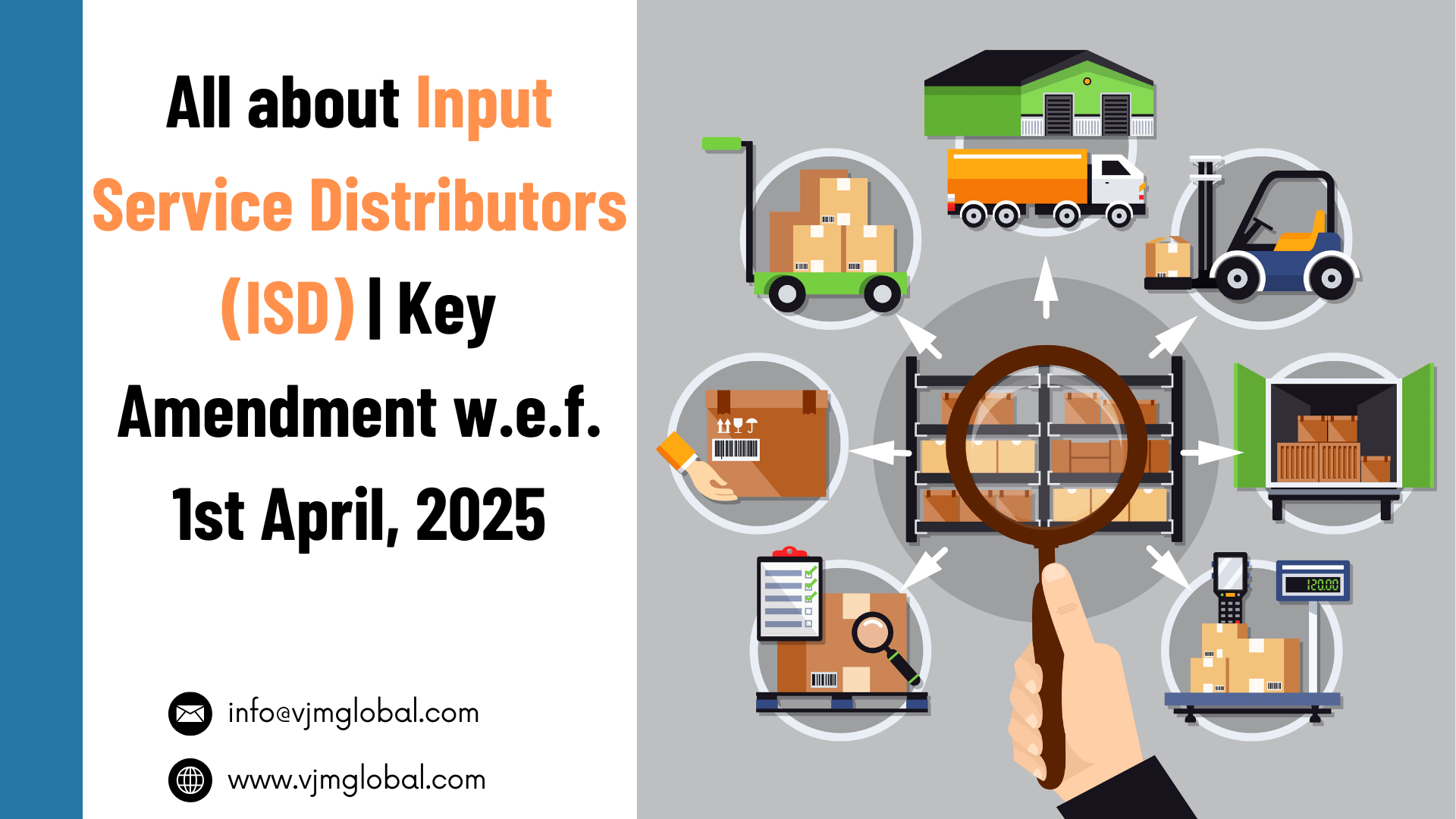1. What is FSSAI?
FSSAI or Food Safety and Standards Authority in India is an autonomous body under the Ministry of Health of Family Welfare, Government of India. The government entity was established in the year 2006 with a motive to offer license and regulate food safety and hygiene standards among the food business operators across the country.
If you are into the food business, FSSAI registration and getting an FSSAI license is mandatory for you. Here in this article, we have discussed all the basic legal aspects of getting an FSSAI license in India. Scroll through to get the complete overview.
2. What is FSSAI Registration?
FSSAI registration is necessary for all the business operators involved in the food business. No matter if you are a manufacturer, trader of food packages, or restaurant business, getting the 14-digit FSSAI registration number is mandatory for you. In case you manufacture food products, you need to ensure that the FSSAI license number is printed on your food packages.
3. Why It’s Important to Take FSSAI Registration?
The first and foremost thing is it is mandatory to have the FSSAI license. Apart from that, there are a few other reasons why having the FSSAI license is important. Have a look below to learn in-depth.
- Since food can directly impact consumers’ health, it is always one of the most subtle subjects for business. That is the distinct reason why the Food Safety and Standard Authority India maintains strict policies related to food safety. So, whenever a food business operator (FBO) has the license, they need to abide by the regulatory policies.
- At the time of registration of the FSSAI license, government authority proceeds through a verification of the food; hence when one gets the license for the food products, the product becomes much trustworthy to its customer base.
- The purpose of the food license is to chemically test the food produced by a particular organization so that if any adulteration made to the food does not impact the consumers’ health. As we all know, the food business is already susceptible to too many allegations of adulterations. Therefore, when you have the FSSAI license, you are supposed to get free from this type of accusation.
- Having the permit can aid you in the marketing of your food product as well. Since you can directly use the FSSAI logo and license number in food packages, your brand becomes much more trustworthy about standards and quality.
- Lastly, the penalties for not having the FSSAI license while running a food business are much higher than actually the cost of getting the license. Therefore it will always be the wisest choice to have an FSSAI license when you are operating a food business in India.
4. Types of FSSAI Registration
The FSSAI Licensing system is segregated into three different categories. One is the basic registration and the other two forms of FSSAI Registration . This category of FSSAI registration covers the following businesses: are State registration and Central registration.
4.1 FSSAI basic Registration
Every Petty Food Business Operator can opt for the Basic FSSAI Registration. More precisely, speaking FBO with a turnover of up to 12 lakh per annum can go for the Basic Registration. You should choose to register your business with the basic registration if you are a small-sized food product manufacturer, marketer, storage unit owner, retailer, or distributor.
4.2 FSSAI State License
FBOs that are not covered under Schedule 1 of FSS Regulations, 2011, alongside have a turnover of 12 lakh rupees or more annually (up to 20 Crore Rupees) should have State License to continue their business operations. In addition to that, all-grain, cereal, and pulses milling units, no matter their turnover, should have the State FSSAI License.
4.3 FSSAI Central License
Food Business operators operating in more than one state and covered under schedule 1 of FSS Regulations, 2011 need to have the Central License. Apart from that, FBOs with an annual turnover of 20 crores and more must also have the Central FSSAI License.
5. Who needs FSSAI registration?
Every food business needs to be registered with FSSAI, the FSSAI registration is a basic license for all. This category covers the following FBOs-
- FBOs with an annual turnover of less than 12 lakhs per annum.
- Temporary stall vendors selling food also need FSSAI registration.
- Any person who manufactures or sells food by himself/ herself.
- People who distribute food in a social gathering or religious conventions except for caterers.
- Small retailers dealing in food products need FSSAI registration.
- Cottage industries who function as FBOs
| Sl.No | Business | Capacity |
| 1 | Food production (other than milk and meat) | Up to 100 kg/ltr per day |
| 2 | Procurement, handling and collection of milk | Up to 500 ltr per day |
| 3 | Slaughtering capacity | 2 large animals or 10 small animals or 50 poultry birds per day or less |
6. List of food business falling under the purview of Central Licensing Authority (schedule 1 of FSS Regulations, 2011)
- Dairy units along with milk chilling units can handle the processing of more than 50,000 liters of liquid milk per day or 2500 metric tons of solid milk annually.
- Vegetable oil-producing or processing units that process vegetable oil through the solvent extraction process and refineries having a capacity of more than 2 metric tons per day.
- Slaughterhouses that are equipped to slaughter more than 50 large animals or a minimum of 150 small animals are also covered under Schedule 1 of FSSAI Regulations, 2011.
- Meat processing units can process more than 500 kg of meat per day or 150 metric tons of meat per annum.
- Except for the units mentioned in I and IV, all other food processing units having types of machinery such as relabelled and repackers with a capacity of 2 metric tons per day except grains, cereals, and pulses milling units.
- Businesses that import food items or food ingredients and additives for commercial uses.
- Food business operators who manufacture food items, ingredients, or substances or use certain processing technologies to process or both whose safety is not established by these regulations or don’t have a history of safe use or introduced in the country are also covered under schedule 1.
7. Cases When to apply Central FSSAI Licenses and State FSSAI Licenses
| S. No | Condition | Central FSSAI Licenses | State FSSAI Licenses |
| 1 | If Operation of business in more than one state | Central License for Head Office | State License for other offices if others conditions also fulfiled |
| 2 | Dairy units including milk chilling units equipped to handle or process | more than 50,000 litres of liquid milk/day or 2500 MT of milk solid per annum. | upto 50,000 litres of liquid milk/day or 2500 MT of milk solid per annum. |
| 3 | Vegetable oil processing units and units producing vegetable oil by the process of solvent extraction and refineries including oil expeller unit | installed capacity more than 2 MT per day. | installed capacity upto 2 MT per day. |
| 4 | slaughter houses equipped to slaughter | more than 50 large animals or 150 or more small animals including sheep and goats or 1000 or more poultry birds per day. | upto 50 large animals or upto 150 small animals including sheep and goats or upto 1000 poultry birds per day. |
| 5 | Meat processing units equipped to handle or process | more than 500 kg of meat per day or 150 MT per annum | upto 500 kg of meat per day or 150 MT per annum |
| 6 | All food processing units other than mentioned under (2) to (5) including relabellers and repackers | installed capacity more than 2 MT/day except grains, cereals and pulses milling units. | installed capacity upto 2 MT/day except grains, cereals and pulses milling units. |
| 7 | 100 % Export Oriented Units. | All | NA |
| 8 | Importers importing food items including food ingredients and additives for commercial use. | All | NA |
| 9 | Food catering services in establishments and units under Central government Agencies like Railways, Air and airport, Seaport, Defence etc. | All | NA |
| 10 | Hotels | with 5 star and above accreditation. | Below 5 Star |
| 11 | All E-commerce food businesses. | All | NA |
| 12 | Proprietory Foods | All | NA |
| 13 | Storage (Other than atmosphere controlled or cold) | Capacity more than 50,000MT | Capacity upto 50,000MT |
| 14 | Storage (Cold/ Refregerated) | Capacity more than 10,000MT | Capacity upto 10,000MT |
| 15 | Storage (Cold+ controlled atmosphere) | Capacity more than 1,000MT | Capacity upto 1,000MT |
| 16 | Wholesaler | TO greater than 30 Crores | TO Upto 30 Crores |
| 17 | Retailer | TO greater than 20 Crores | TO Upto 20 Crores |
| 18 | Distributor/ Supplier/ caterer/ restaurant | TO greater than 20 Crores | TO Upto 20 Crores |
| 19 | Transporter | Having more than 100 Wagons/ vehicles or TO above 30 Crores | Having Upto 100 Wagons/ vehicles or TO Upto 30 Crores |
| 20 | Marketor | TO greater than 20 Crores | TO Upto 20 Crores |
| 21 | Storage/ wholesaler/ retailer / Distributor | Premises in Central Govt Agencies | NA |
| 22 | Foot catering | Airport/ Seaports | NA |
8. Results Of Non-compliance of FSSAI License
Under the FSSAI, any licensed or registered individual has to adhere to the FSS Act’s regulations, 2006. The Officer in charge of food safety generally controls the inspection of the FBOs facility & identifies the compliance level under the regulation by maintaining a checklist. On the basis of compliance level, the officer in charge of food safety spots it as:
- Non-compliance (NC)
- Compliance (C)
- Partial compliance (PC)
- Not applicable/Not observed (NA)
On the basis of the above subject, an up-gradation notice can be issued anytime if it’s required as per Sec 32 under the FSSAI Act, 2006. The license may be canceled if the business organization breaks the Compliance related to the improvement notice. Any FBO affronted by the notice may appeal to the State Commissioner of Food Safety even though the decision will be taken by the Honourable High Court or Food safety tribunal.
9. Penalties Related To The Non-compliance with FSSAI Act, 2006
Penalties associated with the Non-compliance are listed below:
| Sl. No | Particulars | Penalties |
| 1 | Quality of the Food not associated with the Compliance under the Act | 2 Lakh Petty manufacturer – 25,000/- |
| 2 | Misbranded Food | 3 Lakh |
| 3 | Degrade Food standard | 5 Lakh |
| 4 | Misleading advertisement & false information | 10 Lakh |
| 5 | Fails to comply with direction of the Food safety officer | 2 Lakh |
| 6 | Extraneous food matter | 1 Lakh |
| 7 | Unhygienic manufacturers or processings | 1 Lakh |
10. FSSAI License Renewal
The FSSAI license is effective in commencing the business dealing with food products; likewise, the renewal of the license is an essential factor in operating the business without complexities.
The validity of the issued license is for 1 or 5 years, so the business must apply for the license renewal 30 days in advance before the expiry of the current license. FSSAI has initiated an online application FLRS- Food Licensing and Registration System. So businesses dealing with the food market can register for licenses using the online platform.
The FLRS is functional in 5 Regional Offices for the certification of entitlements & licenses.
- Eastern Region – Kolkata
- Northern Region -New Delhi
- Western Region – Mumbai and Kerala
- North Eastern Region – Guwahati
- Southern Region – Chennai
Anyway, folks, now we have come to the end of the conversation about FSSAI registration and types of FSSAI registration. However, we have already shared all the necessary details you require to get yourself the FSSAI license. If you need further info to talk to expert professionals. Keep following our blogs to keep yourself updated with the latest tax compliance changes news.
11. FAQs on FSSAI Licenses
11.1 Who requires a Fssai license?
All the Food Business Owners operating in India need to get registered. FBOs with a turnover of more than 12lac p.a need to get registered and licensed. Businesses like hotels, café, packaged food fall under the FSSAI license scheme. The detailed list of businesses that need a license is mentioned in detail under Schedule1 of FSS act 2011.
11.2 What food license do I need?
If you are a Food Business Operator then you will need FSSAI registration and license.
11.3 Is the Fssai license mandatory?
YES, an FSSAI license is mandatory, for running a food business in India. All the FBOs must obtain a 14-digit license number which is printed on their food products.
11.4 What are the different categories of license issued by Fssai?
There are three Categories of FSSAI/ Food Licence, depending upon the turnover of the Food Business Operator.
1. FSSAI Basic License.
2. FSSAI State License.
3. FSSAI Central License.
11.5 How much does a Fssai license cost?
FSSAI license cost differs from category to category. Schedule 3 of FSS act 2006 gives a detailed fee structure.
You have to pay depending on the category you fall in. The category is based on your turnover, type of business, and assets generated from the business.
1. For Registration- 1799
2. For Central – 7500
3. For State- 7500
Schedule 3 gives a more detailed fee structure.
Note: The requirement of the FSSAI license for registration, center, and state differs depending on the revenue you generate. Also if your turnover is up to 12 lakhs, p.a, then you need to have an FSSAI registration license only and the registration fee for Petty FBO is Rupees 100.
11.6 Is it easy to get a Fssai license?
Yes, it is easy to get an FSSAI license provided you follow all the procedures and present all the required documents when needed. Though the decision of approving the request for registration and licensing is solely in the hands of the FSSAI officials, you only have to make sure that you comply with the pre-defined set rules and standards to get the license.
11.7 How much time will it take to get a Fssai license?
You will get your FSSAI license within 30 days of filling out your application and submitting the required fee, and you will receive the notification for inspection by the officer within 7 days of your registration. A basic registration license takes up to 7-10 days.
11.8 How can I pay the Fssai fee?
There are two modes of payment of the fee:-
A. You can follow the online payment method on the registration portal and opt for payment through a debit card or other options available.
B. You can also pay through the treasury challan from the treasury office or CSC center. In the case of state or central registration, you need to get the treasury challan signed by the senior officer at the treasury office.
11.9 How can I get a Fssai license online?
To get the FSSAI license you need to go to https://foodlicensing.fssai.gov.in/index.aspx and log in or sign up to your account. Fill up Form A and Form B, and present the required document along with the fee.
11.10 When Fssai is required?
FSSAI is required when you want to enter the food business market of India as a Food Business Operator.
11.11 Why is Fssai license required?
FSSAI license is important for any food business operator operating in India. It is meant for regulating the food business sector and maintaining a standard quality throughout the country. FSSAI license and FSSAI Registration is a legal approval that you can operate your food business or sell your edible item in India, as you have surpassed the requirements set in FSS Act 2006. It increases the credibility of the business and makes sure the set standards are maintained.

